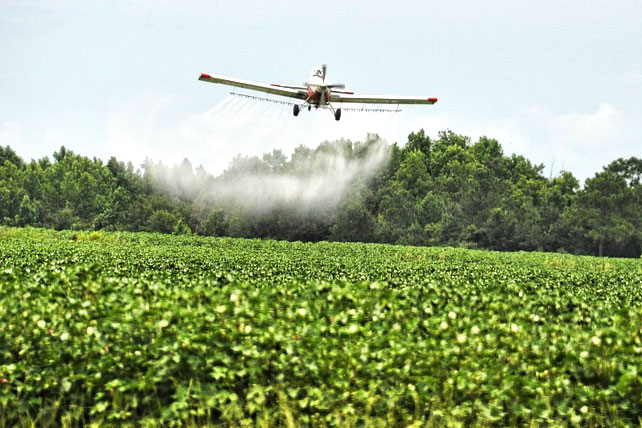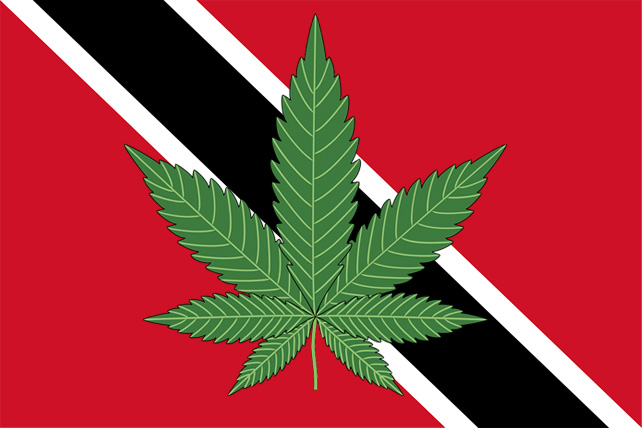US authorities are calling for the reintroduction of a controversial programme of aerially fumigating coca crops in Colombia, although it is uncertain if the Colombian government will agree to the measure.
Rex Tillerson, US Secretary of State, has said that Colombian officials must restart the aerial eradication of coca crops, the plant from which cocaine is extracted. Speaking at a Senate Foreign Relations Committee hearing on June 13, Tillerson said “we have got to get back to spraying, get back to destroying these fields. They [Colombia] are in a very bad place now in cocaine-supplying to the United States”.
Tillerson’s remarks came in response to a statement from Senator Marco Rubio, who decried the “massive surge in cocaine production in Colombia [that] … perfectly coincides with President Santos’ decision to suspend aerial eradication”.
According to a White House report, the rate of coca cultivation in Colombia rose by 18 per cent between 2015 and 2016.
Until 2015, the Colombian government had been aerially spraying glyphosate, a powerful herbicide, on coca crops in an attempt to end their cultivation. The use of this chemical in crop eradication was halted following the publication of a report by the International Agency for Research on Cancer which identified glyphosate as "probably carcinogenic to humans". As TalkingDrugs reported, the state reintroduced glysophate use in April 2016, but restricted it to manual, rather than aerial, crop eradication.
In May, President Donald Trump met with President Juan Manuel Santos of Colombia to discuss the apparent rise in cocaine cultivation and trafficking, which Trump called “an alarmed – and I mean really a very highly alarmed and alarming trend”, while affirming that the US would "assist Colombia’s strategy to target and eliminate drug trafficking networks, illicit financings, coca cultivation, and cocaine production”.

President Trump Holds a Joint Press Conference with President Santos (Source: White House)
When questioned on the best way to counter drug cultivation and trafficking from Colombia into the US, Santos said that his government was employing “a new strategy — carrot and stick. Stick, by forced eradication. We have already eradicated, this year only, 15,000 hectares”, he said, referring to manual eradication. The “carrot”, he described, involves a voluntary substitution scheme, by which families who grow coca are financially incentivised to cultivate alternative crops.
Trump’s brief response did not address eradication or alternative development for coca farmers: “I will say it a little bit shorter: Walls work. Just ask Israel. They work. Believe me, they work. And we have no choice," he said, referring to his plans to build a wall along the US-Mexico border.
Back in Colombia, authorities have expressed a diversity of opinions since the debate around aerial fumigation was reignited.
Néstor Humberto Martínez, Colombia's chief prosecutor, backed the US call for the renewal of the aerial fumigation programme. For Martínez, the US’ request for the programme’s reintroduction is undoubtedly welcome, as he has been publicly calling for its return since last year.
Luis Gilberto Murillo Urrutia, the Minister of Environment and Sustainable Development, expressed firm opposition to the move. He said the US calls for fumigation were unacceptable; "we consider [aerial fumigation to be] inconvenient because it’s indiscriminate … [and it] affects both human health and the environment,” he warned.
Meanwhile, Vice President Oscar Naranjo offered a more measured response, noting that aerial crop fumigation was "not the most effective formula" for countering coca production. Its implementation prior to 2016, he said, was partly because Colombian government forces were unable to manually eradicate crops from the ground due to conflict with the FARC guerrilla group. Manual eradication is possible now that tensions between the state and FARC are cooling, he claimed. Naranjo asserted that combining manual eradication with the voluntary substitution scheme would be sufficient at countering coca cultivation.
While there is seemingly insufficient political support for reintroducing aerial fumigation of coca crops in Colombia, it is yet to be seen if the Trump administration will include this as a requirement in exchange for foreign aid provision. This could have serious consequences, as Colombia has become increasingly reliant on US aid for funding its counter-narcotic effort.


